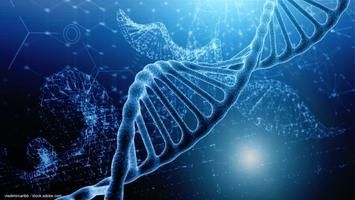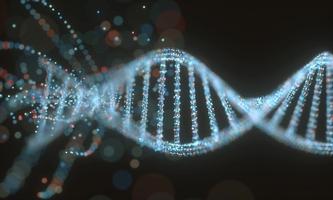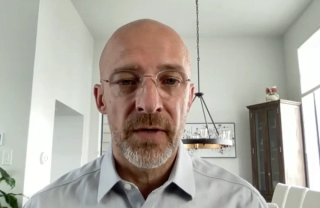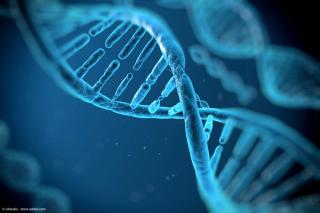
Genomic Testing
Latest News

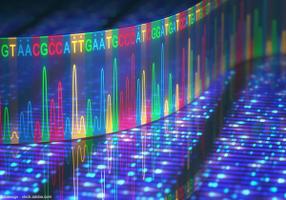
Expert explains everything urologists need to know on genomic testing
Latest Videos

CME Content
More News
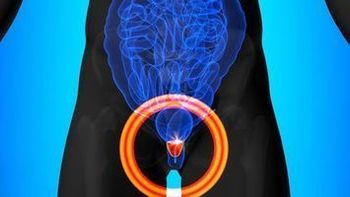
Researchers hope to find synergistic effects with the combination of the ribosomal RNA synthesis inhibitor pidnarulex and the PARP inhibitor talazoparib.

Moffitt Cancer Center conducted the first prospective study to investigate genomic biomarkers associated with aggressive disease in African American men with prostate cancer
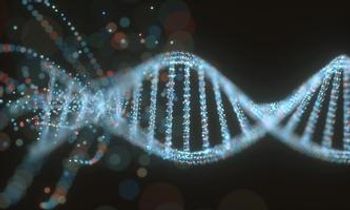
Research findings suggest that SLIT2 loss in circulating tumor cells promotes metastasis and enhances cancer progression, according to a Northwestern Medicine study published in Science Advances.
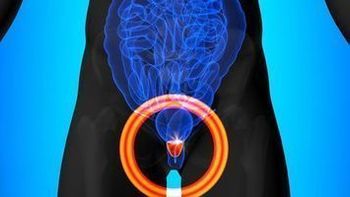
The talazoparib/enzalutamide combination was also shown to have benefits in key secondary end points, including prostate specific antigen (PSA) response, time to PSA progression, and overall response rate.
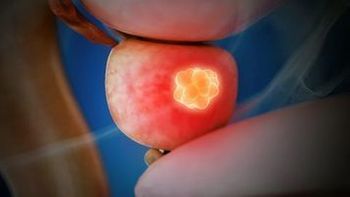
“Men with this type of metastatic prostate cancer want to get their genetically targeted therapy as early as possible, and this trial clearly shows the value of rucaparib as a treatment for these men,” said Alan H. Bryce, MD, principal investigator of the TRITON3 trial.

Cell-free DNA–based next-generation sequencing profiling resulted in low detection/concordance in clear cell renal cell carcinoma.
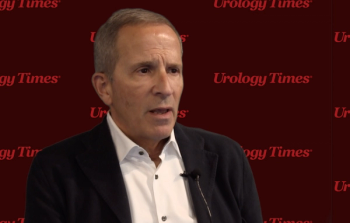
“There’s a tremendous amount of work going on right now with PARP inhibitors in the resistant stage, but now also we’re looking at them in the sensitive stage,” says Neal D. Shore, MD.
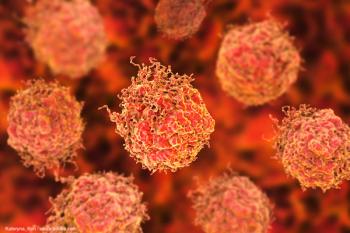
The presence of more than 2 tertiary lymphoid structures coupled with increased density of Ki-67 and PD-1 positivity was linked to an increased response rate and prolonged progression-free survival.

In a phase 2 trial, patients with metastatic urothelial carcinoma and DNA repair deficiency who had not progressed on chemotherapy were randomized to either rucaparib maintenance or placebo.

In the study, certain pathologic variants were associated with higher incidence of prostate cancer vs non-carrier controls.

The ClarityDX Prostate test assesses a combination of clinical and biological biomarker data and provides a risk score that a patient biopsy would show a clinically significant prostate cancer.

Albert Jang, MD, discusses the promise of using ctDNA to determine whether patients with advanced genitourinary cancers are responding to immune checkpoint inhibitors.
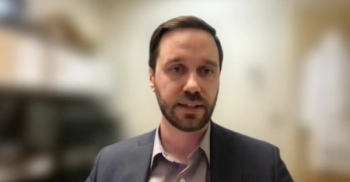
“We saw that with each additional enrichment feature the odds of finding a germline mutation would double,” says Alexis Rompré-Brodeur, MD.
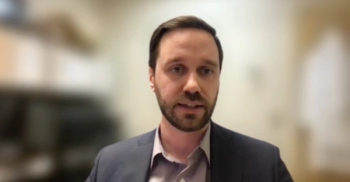
“We wanted to revisit the current main indications for germline testing,” says Alexis Rompré-Brodeur, MD.

The miR Sentinel molecular test uses a biostatistical algorithm to examine small noncoding RNAs isolated from urinary exosomes and determine an individual’s risk of aggressive prostate cancer.

The Centers for Medicare and Medicaid Services is covering the Signatera molecular residual disease test for use in patients with muscle-invasive bladder cancer.
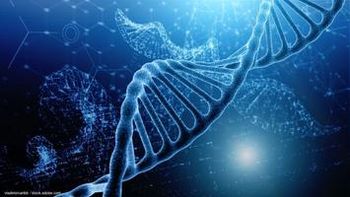
“The real-world data suggest that the use of tumor sequencing is definitely suboptimal,” says Pedro C. Barata, MD, MSc.

In this interview, Simpa Salami, MD, MPH, discusses the development of urinary biomarkers in prostate cancer detection.

“Our ability to develop innovative technologies and approaches continues to evolve. We have newer molecular profiling techniques that are being applied to urine at the moment,” says Simpa Salami, MD, MPH.
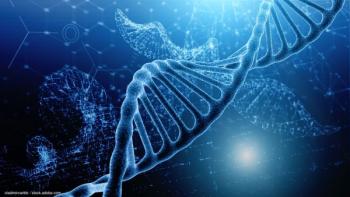
In a recent study, investigators administered a small-molecule inhibitor called MYCi975 to prostate cancer cells, examining the effects on gene expression throughout the human genome.

Robert E. Brannigan, MD, discusses which men with infertility issues should receive genetic testing.
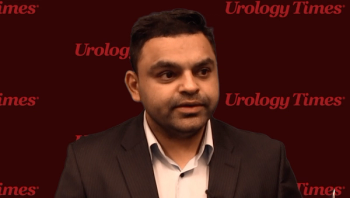
Rao is an investigator on the ongoing phase 3 CASPAR trial exploring the AR pathway inhibitor enzalutamide combined with the PARP inhibitor rucaparib in patients with mCRPC.

Fear of discrimination has downstream effects on health care.
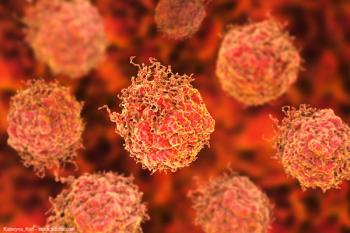
TROP-2 and Nectin-4, surface cell targets of sacituzumab govitecan and enfortumab vedotin, respectively, are highly expressed in variant histology bladder cancer.
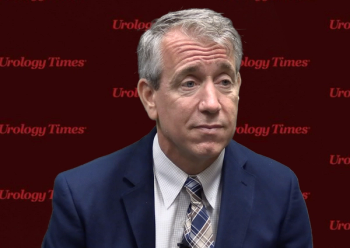
“We really try to be careful about testing, especially when it's a potential burden of costs on the patient. What we really look at is where it's going to have an impact,” says Stephen J. Savage, MD.

